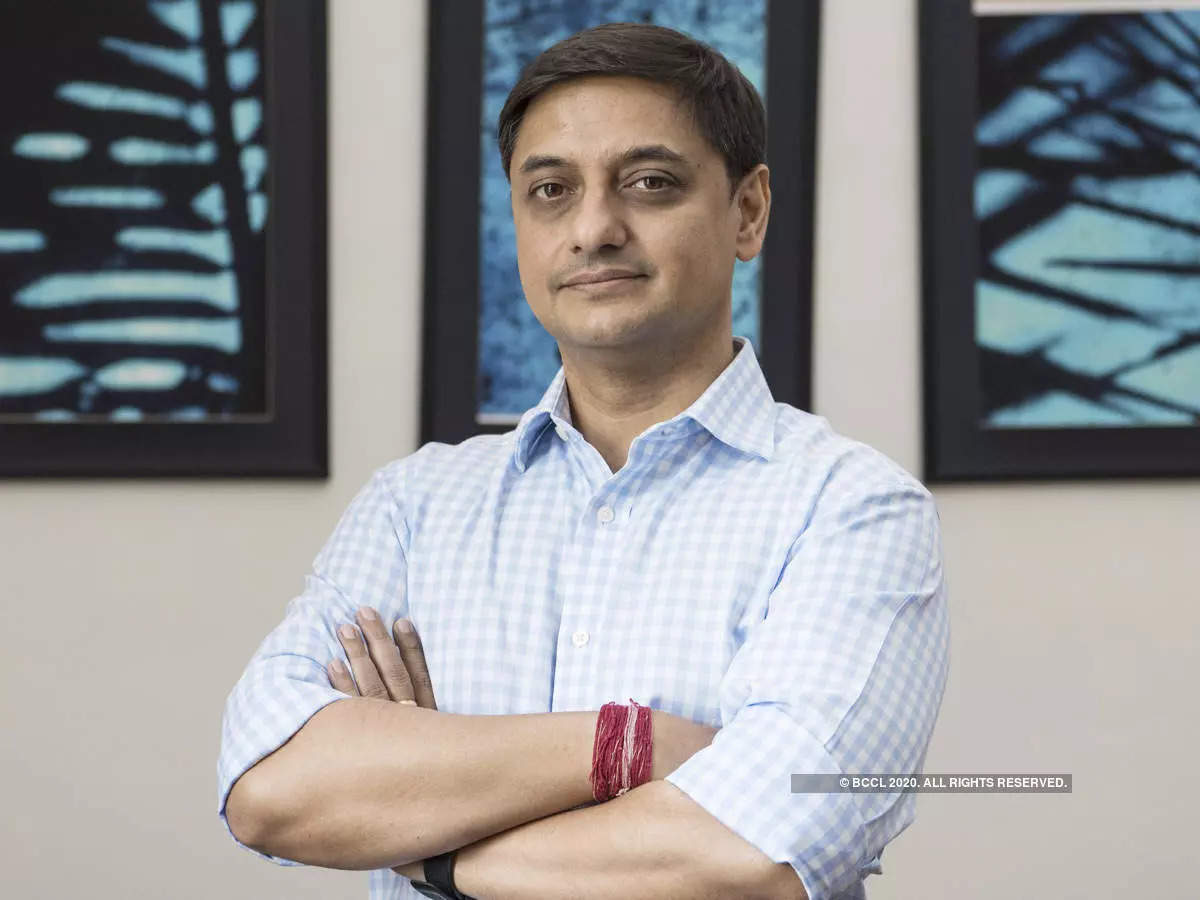To discuss more on the intricacies of India’s economic situation and the way ahead,

Expressing optimism about India’s banking system and the financial markets, Sanjeev Sanyal said, “Despite the ripples caused by global tightening, our financial systems do not seem to be under any stress at all. The credit system is not under any stress, nor is the financial market which sometimes goes up and at other times comes down, as that is its very nature. What matters is that this happens in an orderly fashion.”
On being asked about the inflationary expectation management, Mr. Sanyal opined, “There are inflationary pressures around the world, and since India is an open economy and dependent on imported commodities, particularly energy, we should consider the inflationary pressures that are being faced. Given the supply side reforms that we undertook during COVID, the domestic dynamics of inflation are not worrying. However, there are limited things that we can do about import related inflation. At the margin, we can cut taxes on fuel, and it has been done in the past. A country dependent on imported fuel will be subjected to the vagaries of international oil prices, till the time we find alternate sources of energy and move out of this issue.”
Sharing his views on the impact and benefits of internationalisation of the Indian rupee (INR), Mr. Sanyal mentioned, “Allowing for international settlements using the INR is an important step in a long journey towards turning the Indian rupee to hard currency. Over time, hopefully, we will keep taking more steps. It will have limited effect in the immediate future because it requires some time for importers and exporters to consider the rupee, or other countries (with whom we have bilateral trade agreements) accepting it. So, there will be a period when the glitches of this new mechanism will get worked out. In the medium term, we will see an expansion and in the long term, we should aspire to have our currency as a hard currency, and perhaps, even be a part of the IMF’s Special Drawing Rights (SDR) basket.”
Sanjeev Sanyal also spoke at length about the financial journey of India, and his outlook on the country’s economy, which is expected to remain the fastest growing large economy this year and in the next year.
Watch Mastercard Presents Times Network Living Room Conclave – India Financial Series every weekend on Times Now, Times Now World, ET NOW, ET NOW Swadesh and Mirror Now at the below timings.
| Saturday | Sunday | |
| TN | 5:30PM | 4:30PM |
| TNW | 5:30PM | 4:30PM |
| ETN | 8:30PM | 8:00PM |
| ETN Swadesh | 7:30PM | 7:30PM |
| MRN | 5:30PM | 1:30PM |
(This is a partnered article)
